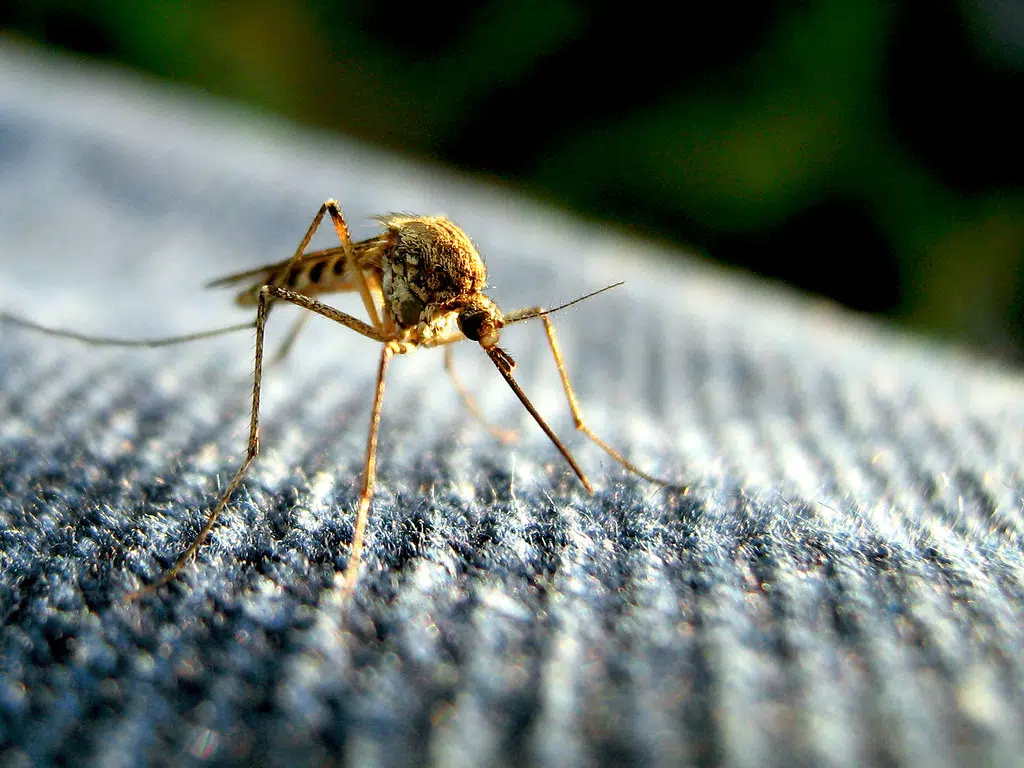Grey Bruce Public Health has confirmed a case of West Nile Virus in the region, after a crow was found to have tested positive for the mosquito-borne illness.
The crow, found in Bruce County, was turned over to the Canadian Wildlife Health Co-operative on June 6th.
It’s the first time a bird has tested positive for West Nile this year.
Grey Bruce Public Health says the best way to prevent the spread of the virus is to protect yourself from mosquito bites.
They recommend covering exposed skin while outdoors, particularly during dawn and dusk. It’s also recommended to use an insect repellent containing DEET or Incaridin.
West Nile Virus circulates between birds and different species of mosquitoes. The virus infects the tissues of birds, and is then contracted by mosquitoes when they take blood meals from infected birds, which allows them to transmit the virus to the next bird or animal they feed on.
Most people with WNV do not experience any symptoms, while others will see symptoms 2-15 days after being bitten by an infected mosquito.
Symptoms are usually mild and can include fever and headache; however, serious symptoms may also occur.
Some people are at greater risk of experiencing serious health effects from West Nile virus, including individuals over age 50 and people with chronic diseases, such as cancer, diabetes, alcoholism, and heart disease, or who require medical treatment that may weaken their immune system, such as chemotherapy.
Anyone with concerns about a dead bird can contact the Canadian Wildlife Health Co-operative at 1-866-673-4781.
Other ways to prevent mosquito bites and prevent WNV, include:
– Wearing light-coloured long pants and long sleeves, socks, and a hat when outdoors;
– Reducing mosquito habitats near the home by eliminating standing water in flowerpots, eavestroughs, etc.;
– Taking extra protection measures between dusk and dawn when mosquitoes are most active; and
– Ensuring door and window screens fit securely and are free of holes.




